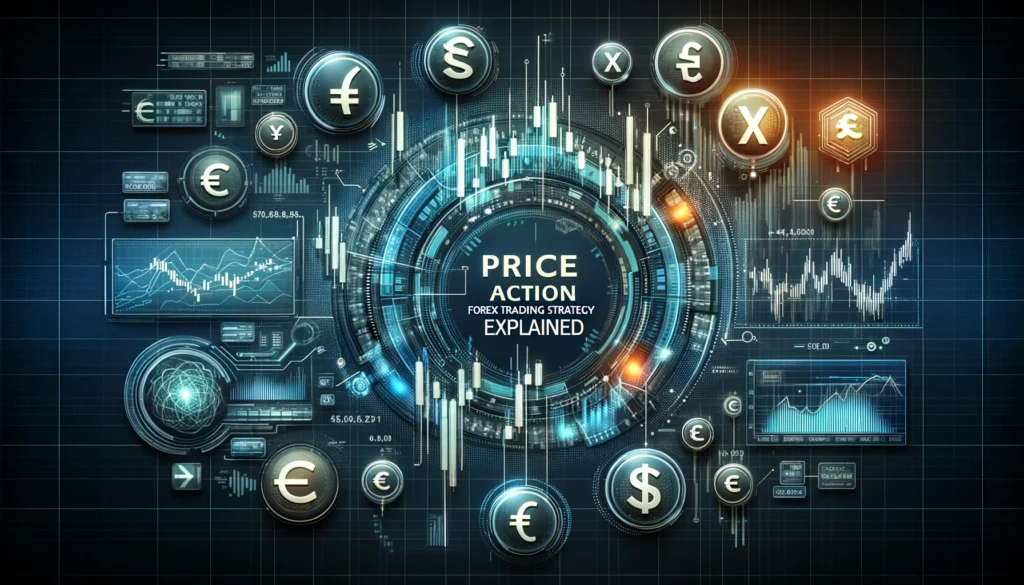Price action trading is a popular forex trading strategy that focuses on analyzing historical price movements to make trading decisions. This strategy relies on price charts and patterns, rather than technical indicators, to predict future market movements. In this article, we will explore the fundamentals of price action trading, its […]
Fibonacci Retracement
Forex limit orders are a fundamental tool in a trader’s arsenal, allowing for precise control over trade entry and exit points. Understanding how to use limit orders effectively can enhance your trading strategy and help manage risk. In this article, we will explore what forex limit orders are, how they […]


